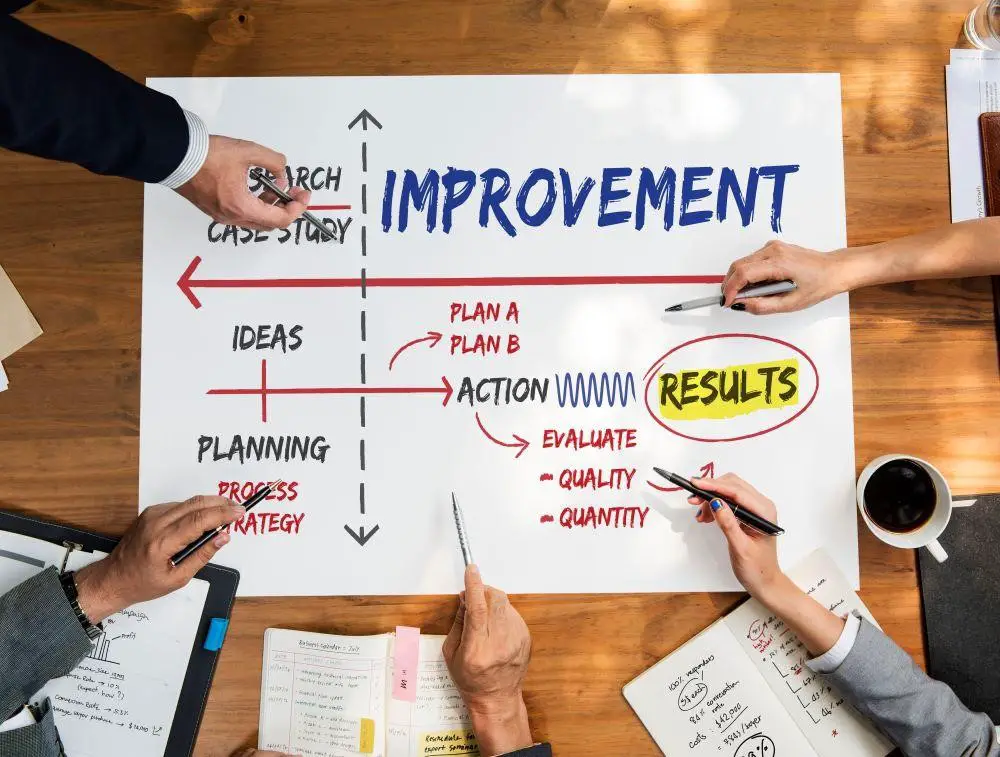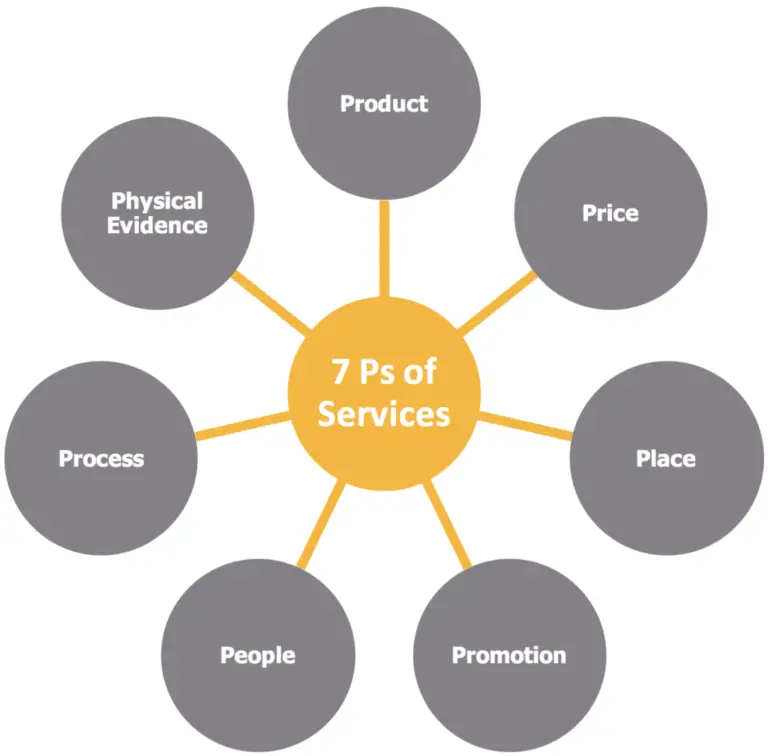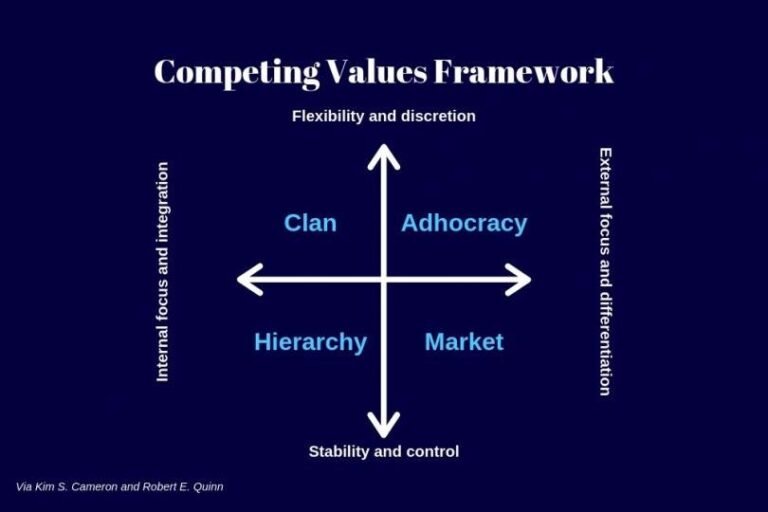Reasons to Get Your Lean Six Sigma Certification
Managing a business is difficult, considering how everything has evolved, and the demands and expectations are very high. Each industry has its top companies that have worked to cater to the needs of customers and have built a strong relationship with them.
Moreover, staying up to date and struggling to evolve are specific keys to success and profitability.
As such, finding new ways to improve your management techniques is a wise decision that can significantly influence your company’s future.
Thankfully, there are others in the development process, meaning trained professionals who are willing to provide assistance in discovering and fixing issues that affect the evolution of your business.
These professionals have gone through training and courses and have passed tests that have qualified them as valuable assets in the path of a company.
One such training is the Lean Six Sigma certification that guarantees forming professionals capable of taking on challenging tasks and occupying high-level positions in a company.
A manager who has gained this certification has acquired the necessary knowledge to help them find practical solutions for their business. Without further ado, let’s take a look at all the reasons why you should consider getting the Lean Six Sigma certification as a manager.
Perks of Getting the Lean Six Sigma Certification
The Lean Six Sigma program consists of a series of stages through which you must pass to complete the evaluation and receive your certification. The first stage is the White Belt, followed by the Yellow and Green Belt, which are medium-grade certifications.
The most difficult and promising one is the Lean Sigma Black Belt, but you can also get a Master Belt, offering impressive business management skills and improving your career.
By achieving the Lean Six Sigma certification, you will open new doors in your career path and enjoy great opportunities. As a manager, you will undoubtedly master organizing and management techniques that will promote your business and help you reach out to new clients and collaborators. You will become suitable for higher positions inside a company as an employee.
💥🎁 New Year & Easter Deals On Amazon !
Don't miss out on the best discounts and top-rated products available right now!
🛒 Shop Now and Save Big Today!*As an Amazon Associate, I earn from qualifying purchases.
Using the gained aptitudes, you will manage to create practical and effective organizing systems and programs that will eliminate faults in your business. The final result will be visible in profitability, as fluctuations will be destroyed, and a constant will be noticed.
The lack of fluctuation is the primary effect observed in a company that benefits from the Six Sigma methodology.
The profit curb must be maintained as constant as possible, as it is a sign that your process is correct and you are making the best decisions in managing your business and controlling your employees.
Six Sigma is primarily used in the manufacturing process, as it minimizes errors and inconsistencies, aiming for customer satisfaction. But you can find its applications in various industries, from healthcare to finance, engineering, hospitality, sales, or IT.
Other Types of Management Improvement Methodologies
Although one of the most popular, Lean Six Sigma certification is not the only technique you can use to your benefit when looking for ways to reduce inconsistencies and obtain productivity. Here is a list of other efficient ways to improve your managing game.
Pair any of the following methodologies with your Lean Six Sigma certification, and you are certainly on the correct path to success.

Total Quality Management (TQM)
It’s a process-focused method with the primary goal of improving processes. While Six Sigma aims to eliminate defects, TQM tries to reduce inefficiencies.
It’s widely applied in customer satisfaction projects, and the end objective is to benefit the customer and offer them the most productive and satisfying experience.
Unlike other methods, TQM involves the entire team, not just production. It looks for ways to optimize core business processes, like marketing, to the advantage of the final consumer.
💥🎁 New Year & Easter Deals On Amazon !
Don't miss out on the best discounts and top-rated products available right now!
🛒 Shop Now and Save Big Today!*As an Amazon Associate, I earn from qualifying purchases.
The method relies on data-driven decisions that are analyzed to decide how to increase a process’s productivity. Instead of achieving one final improvement, TQM focuses on obtaining small changes to influence the final product that reaches the customer.
This way, your team will learn how to face common variability in business and how they can achieve continuous minor improvements. TQM continuously collects data that helps identify and eliminate inefficiencies.

The 5 Whys Analysis
With a very suggestive name, this method deeply analyzes your decisions and steps followed during a process.
Depending on your niche, you must examine the main factors influencing the final product, hence the customer feedback. If a product doesn’t offer the expected results, you must focus on how you developed that product and discover the faulty step.
Start with the question, “Why did this go wrong?” and go from one answer to the next until you get to the root of the problem. The point of this method is not to identify human error but to see which part of the process needs to be thought through to provide a satisfactory end product.
Business Process Management (BPM)
Like the Lean Six Sigma certification, BPM analyzes and refines business processes. Firsthand, a company might be successful and obtain the desired results at a particular time, but as it grows and expands, the goals change and might get harder to achieve.
By analyzing each process involved in the system, your team will identify errors that affect productivity.
The method starts with a thorough analysis, followed by creating a model to apply, implementing the model, monitoring the evolution, and eventually deciding what was beneficial and needs to be modified. It allows for constant optimization and expansion.
Continuous Improvement (Kaizen)
Based on the Japanese philosophy called Kaizen, this business-improving methodology follows the idea that things must be continuously improved over time.
💥🎁 New Year & Easter Deals On Amazon !
Don't miss out on the best discounts and top-rated products available right now!
🛒 Shop Now and Save Big Today!*As an Amazon Associate, I earn from qualifying purchases.
The same concept applies to management: your business can always be flawed, as there is always room for improvement. As long as you keep looking for ways to increase efficiency and improve the quality of your services, your business will get more and more successful.
The secret is to eliminate waste on the way; waste refers to a series of factors, including consuming practices that don’t add value, excessive production that results in unnecessary products, and overburden that strains machinery and employees.
By eliminating these wasteful factors, you will become successful without having to carry around pointless burdens.



